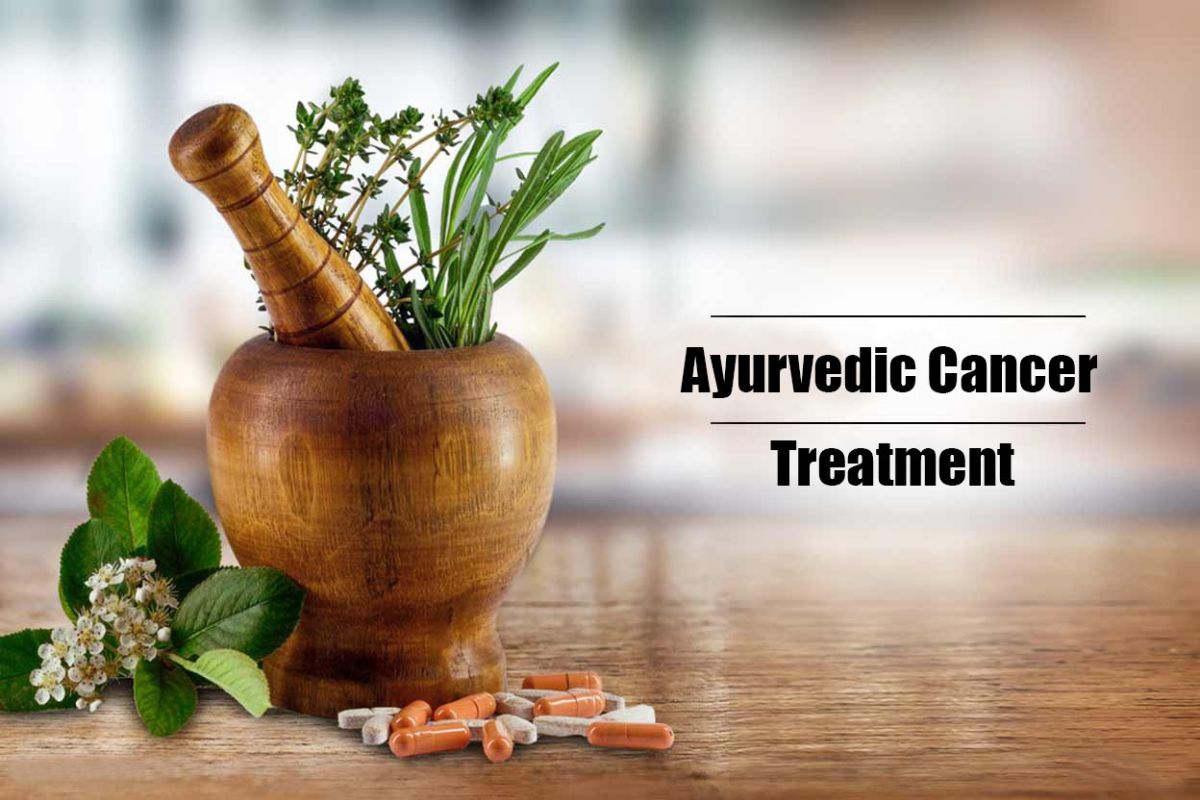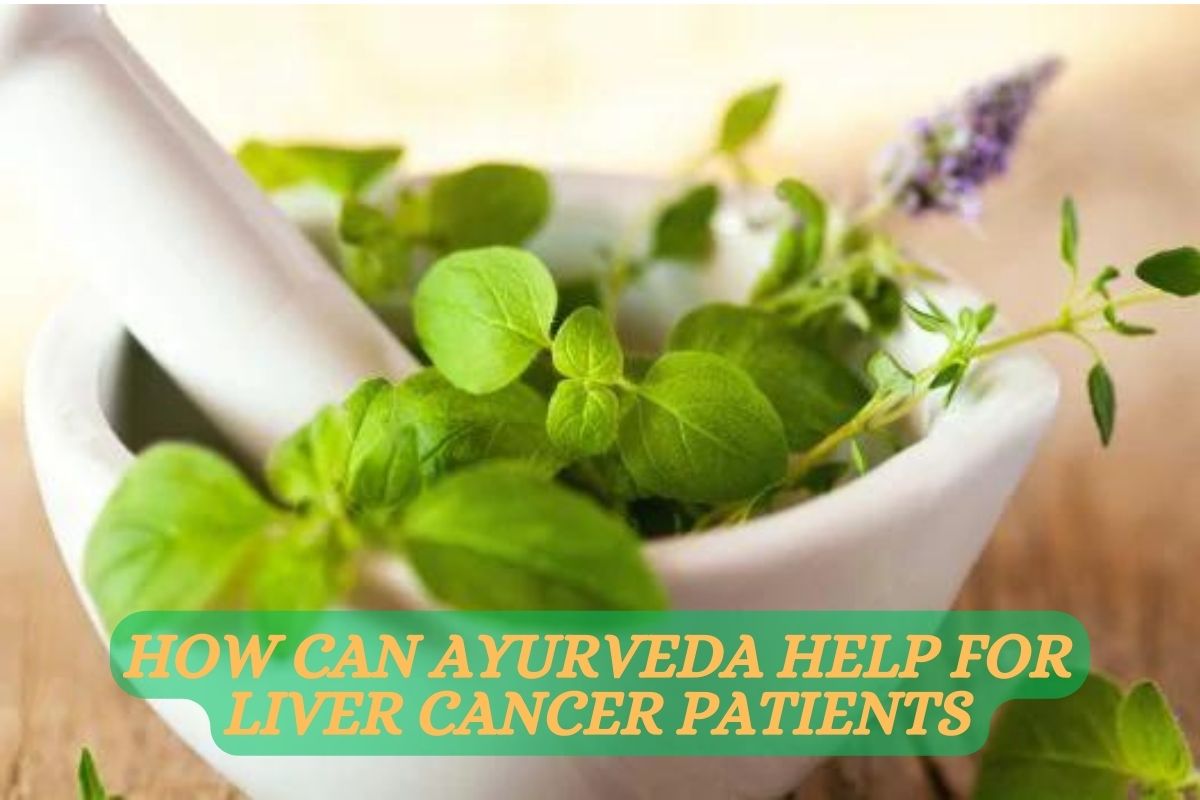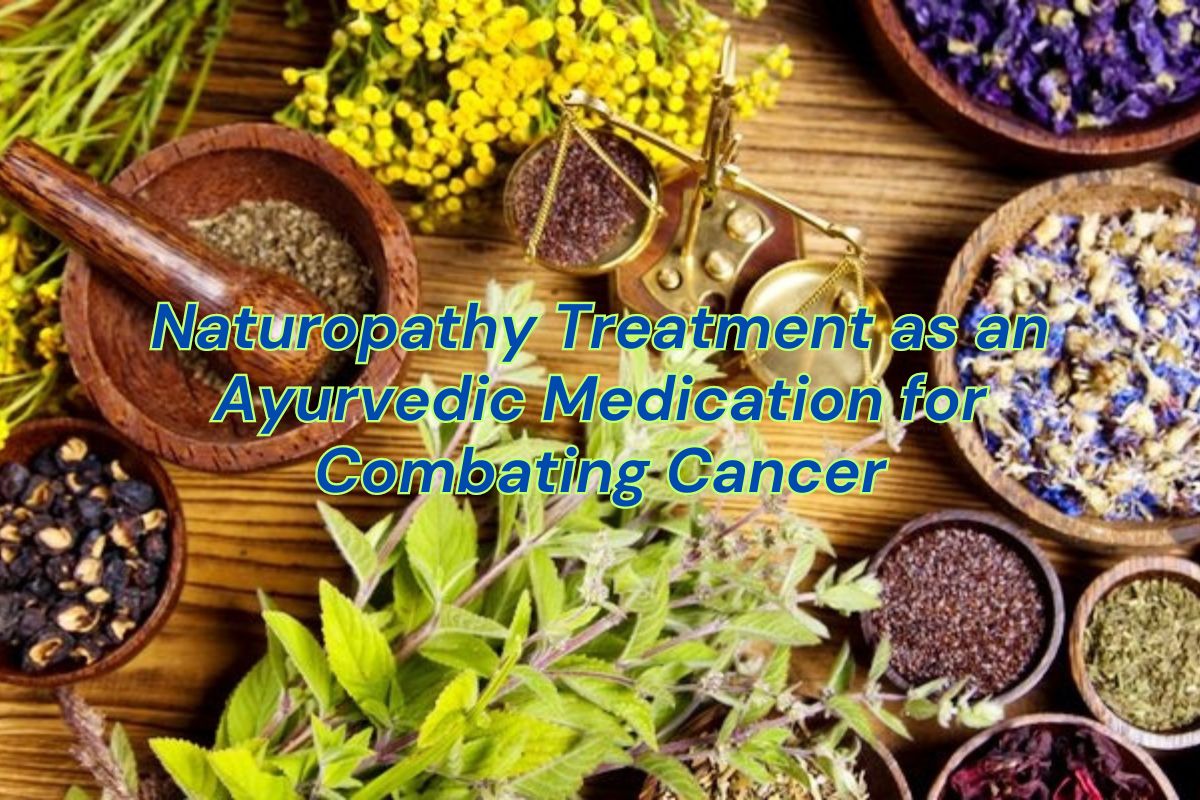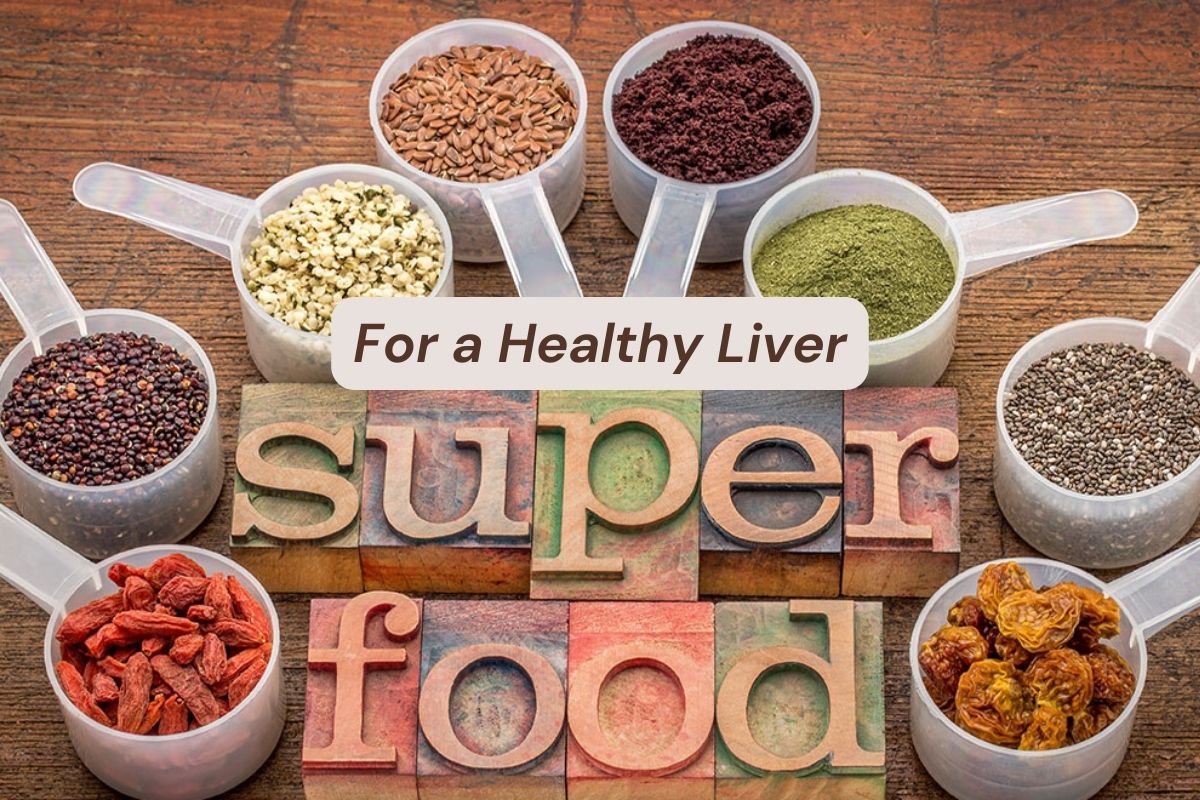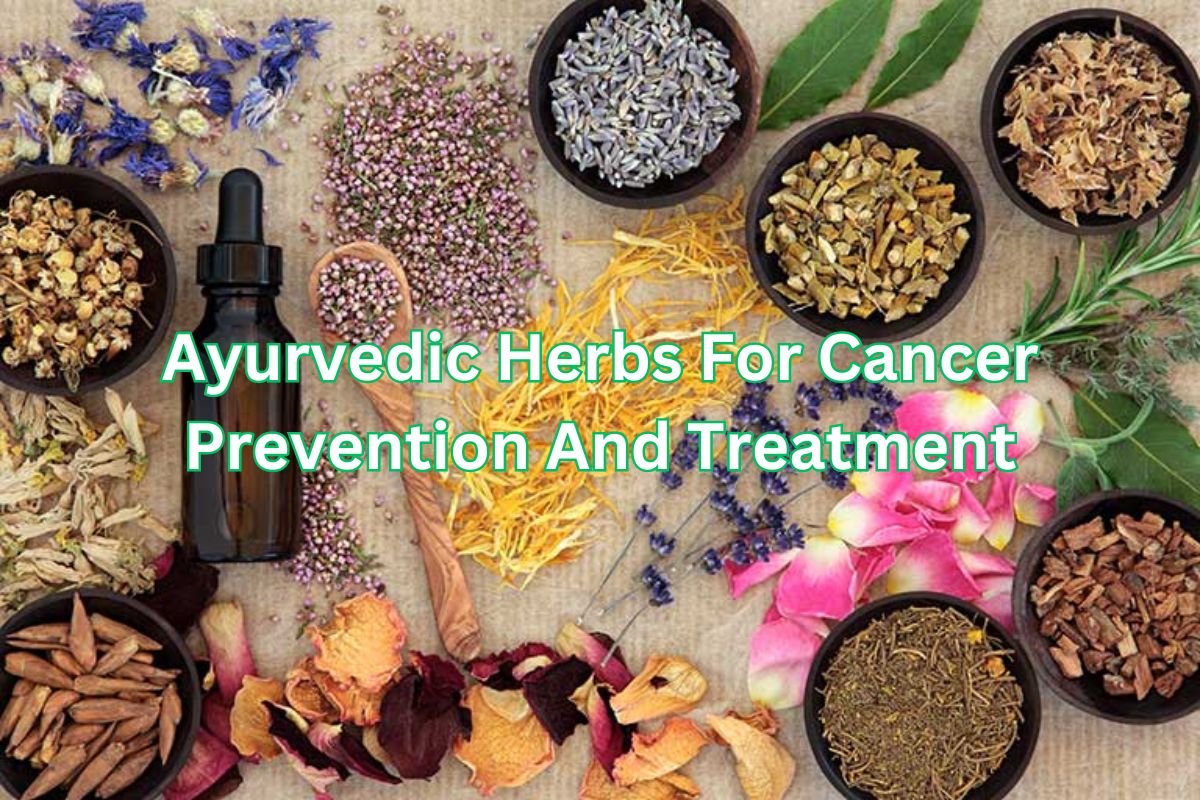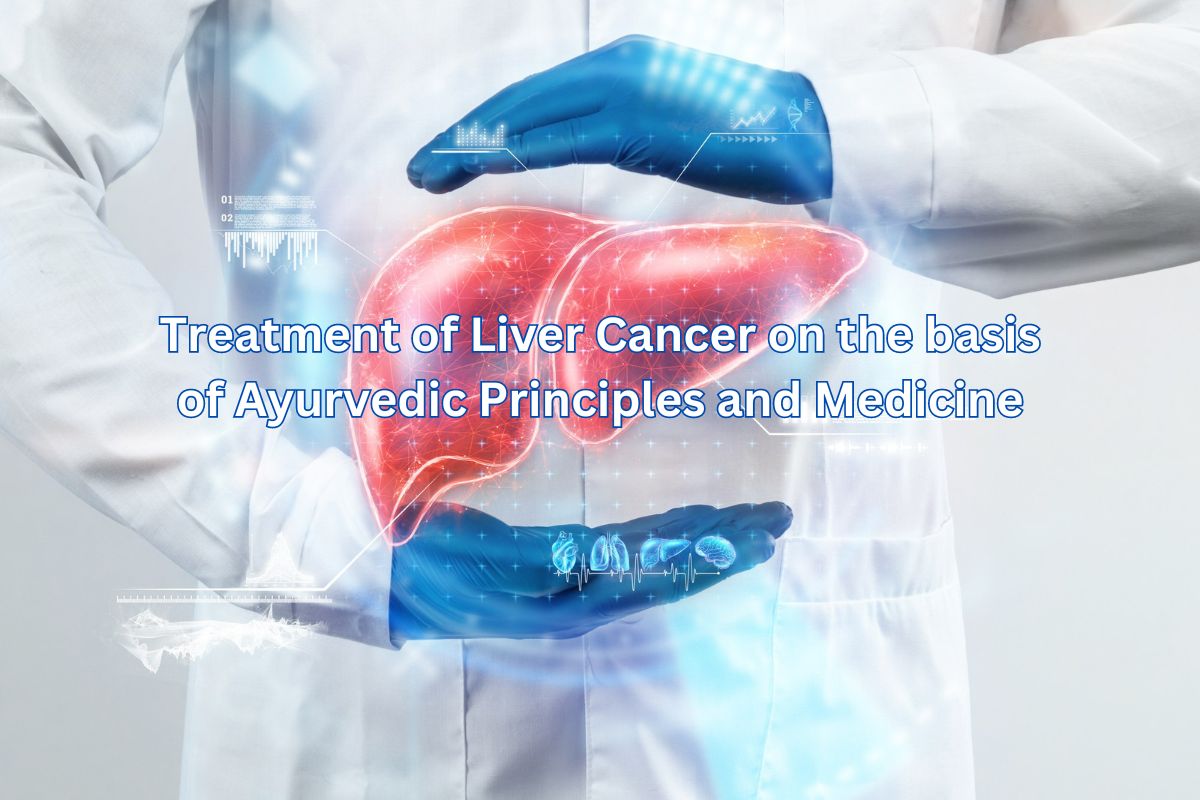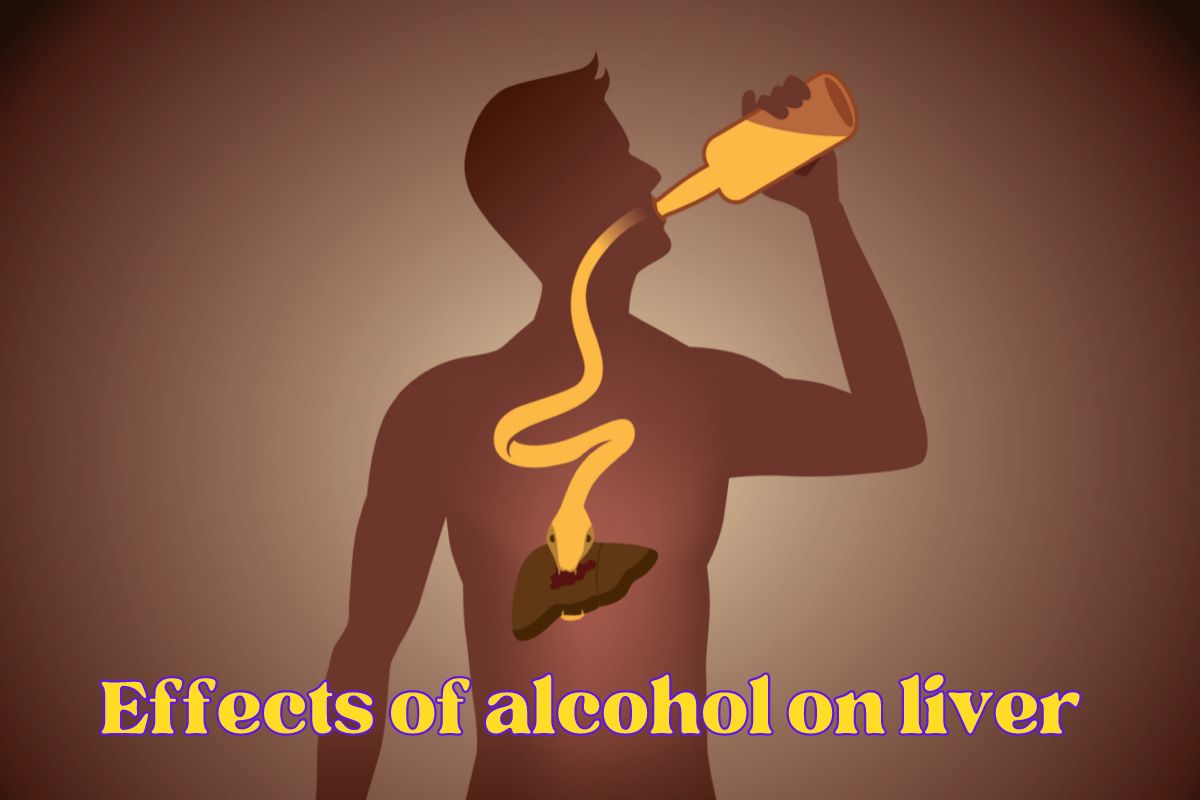
- On Sep 16, 23
Effects of alcohol on liver
Effects of alcohol on liver: signs ofdamage and how to repair liver damage from alcohol
Some common signs and symptoms ofliver damage due to alcohol abuse include:
- Fatigue: Feeling unusually tired and lacking energy.
- Jaundice: Yellowing of the skin and the whites of theeyes.
- Abdominal Pain: Discomfort or pain in the upper right side ofthe abdomen.
- Swelling: Swelling in the abdomen and legs due to fluidretention (ascites).
- Nausea and Vomiting: Frequent nausea and vomiting, sometimes withblood.
- Loss of Appetite: Reduced appetite and unintended weight loss.
- Dark Urine: Urine may appear dark or brown.
- Pale Stools: Stools may become pale or clay-colored.
- Itchy Skin: Persistent itching of the skin, oftenaccompanied by jaundice.
- Easy Bruising: Increased susceptibility to bruising andbleeding.
- Enlarged Liver: The liver may become enlarged and tender tothe touch.
- Spider Veins: The appearance of spider-like blood vesselson the skin.
It'simportant to note that liver damage from alcohol can progress to more severeconditions, such as alcoholic hepatitis and cirrhosis, which can belife-threatening. If you or someone you know is experiencing these symptoms andhas a history of heavy alcohol consumption, it's crucial to seek medicalattention promptly. Early intervention and lifestyle changes, includingquitting or reducing alcohol consumption, can help prevent further liver damageand improve overall health.
How to repair liver damage fromalcohol
Peoplewith liver disease may need lifestyle changes and medical care to maintainliver health and manage the disease. Repairing liver damage caused by alcoholabuse requires a comprehensive approach that includes both lifestyle changesand medical guidance. Here are steps to consider:
1. Regular Health Check-Ups: Schedule regular check-ups with yourhealthcare provider to monitor your liver health, especially if you have ahistory of alcohol consumption. Early detection of liver issues can lead tobetter outcomes.
2. Medication and Treatment: Depending on the severity of liver damage,your doctor may prescribe medications or other treatments to managecomplications and promote healing. This could include medications to reduceinflammation, manage symptoms, or address specific liver conditions.
3. Nutritious Diet: Adopt a well-balanced diet that is low in fatand processed foods. Focus on consuming plenty of fruits, vegetables, wholegrains, lean proteins, and healthy fats. Avoid excessive salt intake and foodshigh in sugar.
4. Hydration: Stay well-hydrated by drinking plenty ofwater. Proper hydration supports overall health and can help your liverfunction more efficiently.
5. Weight Management: If you are overweight or obese, losing excessweight through a healthy diet and regular exercise can reduce the risk ofnon-alcoholic fatty liver disease (NAFLD).
6. Exercise: Engage in regular physical activity, as itcan help manage body weight and improve overall health. Consult with yourhealthcare provider before starting a new exercise program, especially if youhave liver damage.
7. Stress Management: Practice stress-reduction techniques such asyoga, meditation, or mindfulness to lower stress levels, as chronic stress canimpact liver health.
8. Avoid Toxins: Minimize exposure to environmental toxins andchemicals that can harm the liver. This includes avoiding over-the-countermedications that can stress the liver.
9. Limit or Quit Smoking: Smoking can contribute to liver damage, soquitting or reducing smoking is beneficial for liver health.
10. Liver-FriendlySupplements: Some supplementslike milk thistle and N-acetylcysteine (NAC) have been studied for theirpotential to support liver health. However, you should always consult with ahealthcare professional before adding any supplements to your routine.
11. FollowMedical Advice: Continue tosee your healthcare provider regularly for monitoring and follow theirrecommended treatment plan.
12. SupportGroups: Consider joiningsupport groups or counseling programs to help with alcohol addiction recovery.Social and emotional support can be crucial in maintaining sobriety.
13. Vaccinations: If you have liver damage due to alcohol orother factors, talk to your healthcare provider about vaccinations forhepatitis A and B to protect your liver from additional harm. Remember thateveryone's liver health can vary, and it's important to tailor your lifestylechoices to your specific needs and medical history.
14. Moderation: If you choose to drink, do so in moderationand within recommended limits. Guidelines typically advise no more than onedrink per day for women and up to two drinks per day for men.
15. AlcoholAwareness: Educate yourselfabout the impact of alcohol on the liver and its potential to cause liverdiseases. Understand your limits and make informed choices.
It'simportant to note that the extent of liver damage and the ability to repair itcan vary from person to person. Early intervention and lifestyle changes areessential for the best chance of liver healing and recovery. If you have anydoubts about the effects of alcohol or the possible consequences for yourhealth, seek the advice of an expert. Always follow your healthcare provider'sguidance and recommendations for your specific situation.
Is there a healthy alcoholconsumption?
Theissue of "healthy" alcohol consumption is a complex and controversialtopic. Scientific research shows that some alcoholic beverages, especially redwine, may have some health benefits when consumed in moderation. The so-called"moderate consumption" usually means one glass of red wine (approx.150 ml) per day for women and two glasses for men. Some potential healthbenefits of moderate alcohol consumption include:
1. Cardiovascularbenefits: Antioxidants inred wine, such as resveratrol, may provide cardiovascular protection.
2. Lowercholesterol: Some researchsuggests that moderate alcohol consumption can help lower cholesterol.
3. Relaxationand stress reduction:Drinking a drink can sometimes help you relax and reduce stress.
Wespeak of "self-delusion" when someone tries to explain or justifytheir consumption of alcohol for the sake of their health because they haveheard or read about the beneficial effects of alcohol. It is important tounderstand that such beneficial effects can usually only occur with verymoderate consumption and are associated with the risk of alcohol dependence.
However,it is important to note that alcohol can be potentially harmful. Even withmoderate consumption, there are health risks, such as the development ofaddiction, liver problems, increased risk of breast cancer, nervous systemproblems, high blood pressure, weight problems, etc. Also, the effects ofalcohol consumption can vary from person to person. If you are pregnant, takingmedication, have liver problems or have other health risks, you should consultyour doctor about alcohol consumption.
Itis best to make decisions based on realistic and scientifically based knowledgeabout alcohol consumption and its effects. Recommendations for"healthy" alcohol consumption focus mainly on moderation. However, tominimize health risks, avoiding alcohol altogether may be the best option formany people.
Ifyou decide to quit drinking
If you're looking for ways to quit alcohol consumption, it'simportant to seek help and support, especially if you believe you may have adrinking problem. Quitting alcohol can be challenging, and it's often best donewith guidance from healthcare professionals. Here are some steps you can take:
1. SeekProfessional Help: Consult a doctor, therapist, or addiction specialist who canassess your situation and recommend an appropriate treatment plan.
2. Set ClearGoals: Establish specific, achievable goals for reducing or quittingalcohol. Start with small steps and gradually work toward your larger goal.
3. AvoidTriggers: Identify situations, places, or people that trigger yourdrinking and try to avoid them or develop strategies to cope with thesetriggers.
4. ReplaceDrinking with Healthy Activities: Find alternative activities thatyou enjoy and that can help take your mind off drinking. Exercise, hobbies, andsocializing with non-drinking friends are good options.
5. StayAccountable: Share your goals with a trusted friend or family member who canprovide support and help hold you accountable.
6. Mindfulnessand Stress Management: Practice mindfulness techniques and stress management strategiesto deal with cravings and emotional triggers.
7. Medication: In somecases, medication prescribed by a healthcare professional can assist withalcohol cessation by reducing cravings or managing withdrawal symptoms.
8. CelebrateMilestones: Celebrate your achievements along the way. Each day or weekwithout alcohol is a significant accomplishment.
Rememberthat quitting alcohol is a personal journey, and it's okay to seek help andsupport. Don't hesitate to reach out to healthcare professionals to assist youin this process. It's a positive step toward improving your health andwell-being.
Ifyou need liver cirrhosis treatment in ayurveda you can visit THE NEERAJNATURECURE on Ganga, it is important to have open and honest communication withour Ayurvedic doctor’s. Share your medical history, diagnosis, and any ongoingconventional treatments you are undergoing. This information will help ourAyurvedic doctor understand your situation better and provide appropriateguidance.
We can provide valuable support and guidance to liver cancerpatients through the principles and practices of Ayurveda. We combinespsychological counselling with natural therapy techniques in a spiritual andscientific manner. With an astounding 100% success rate, we have successfullytreated thousands of people worldwide.
